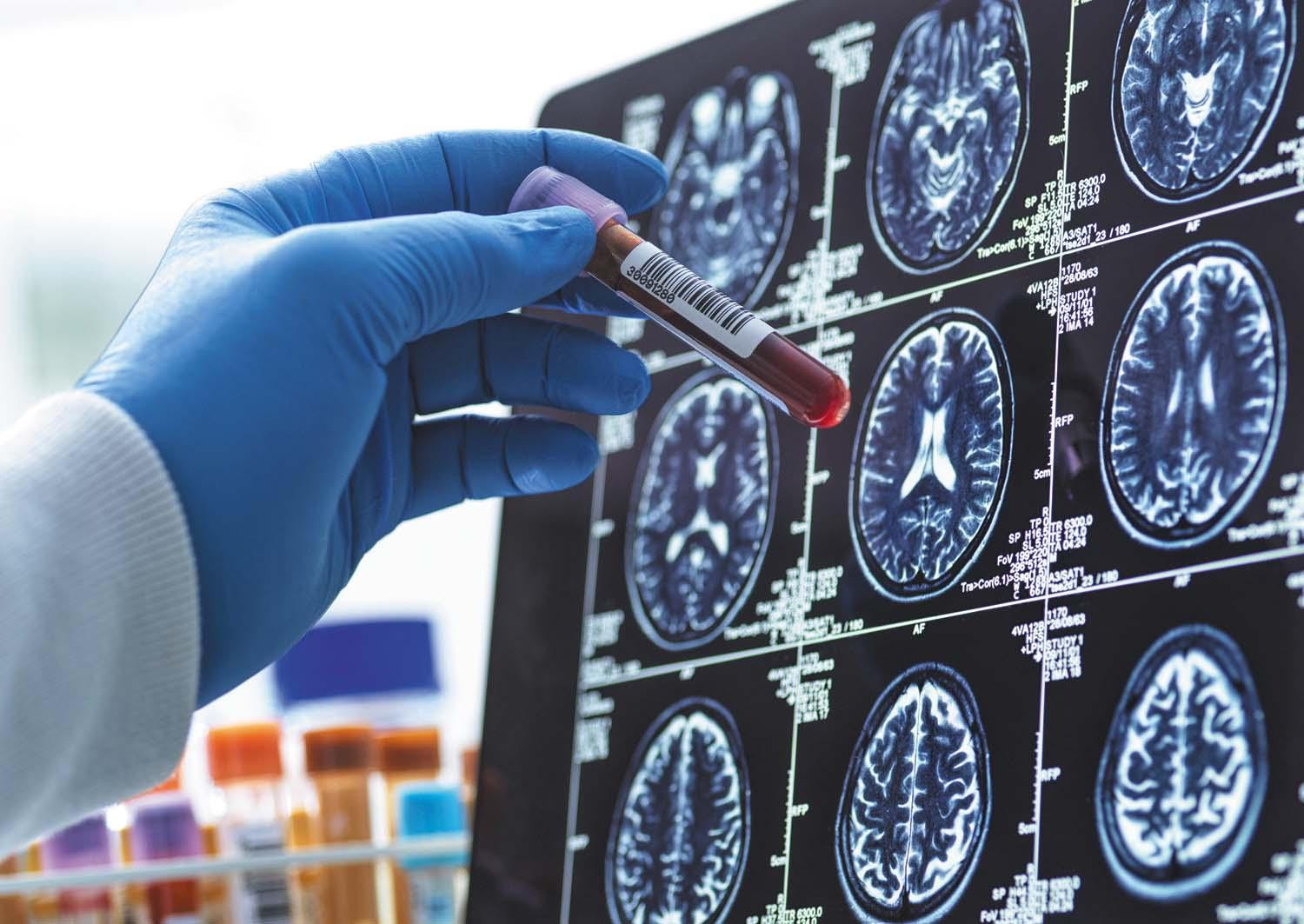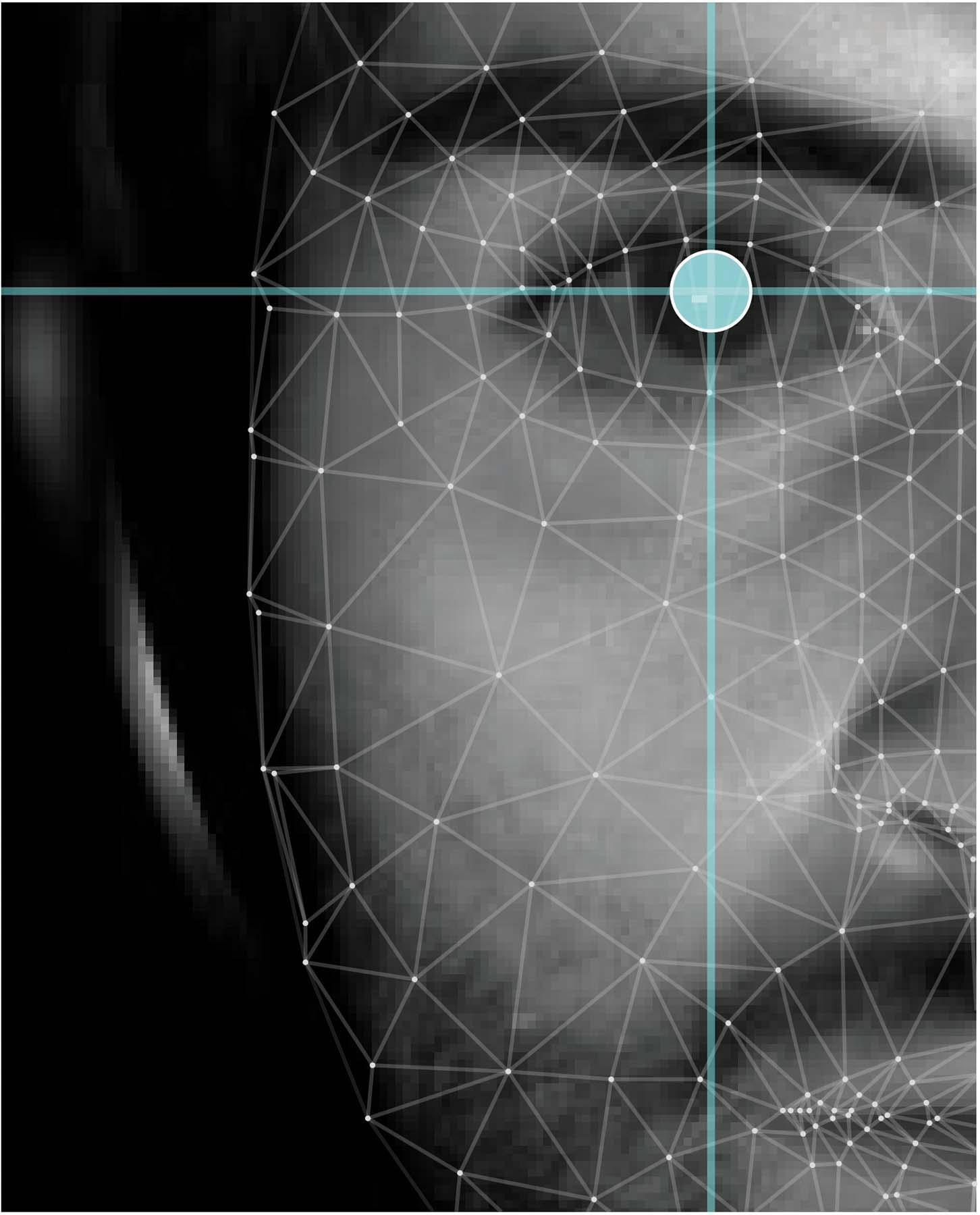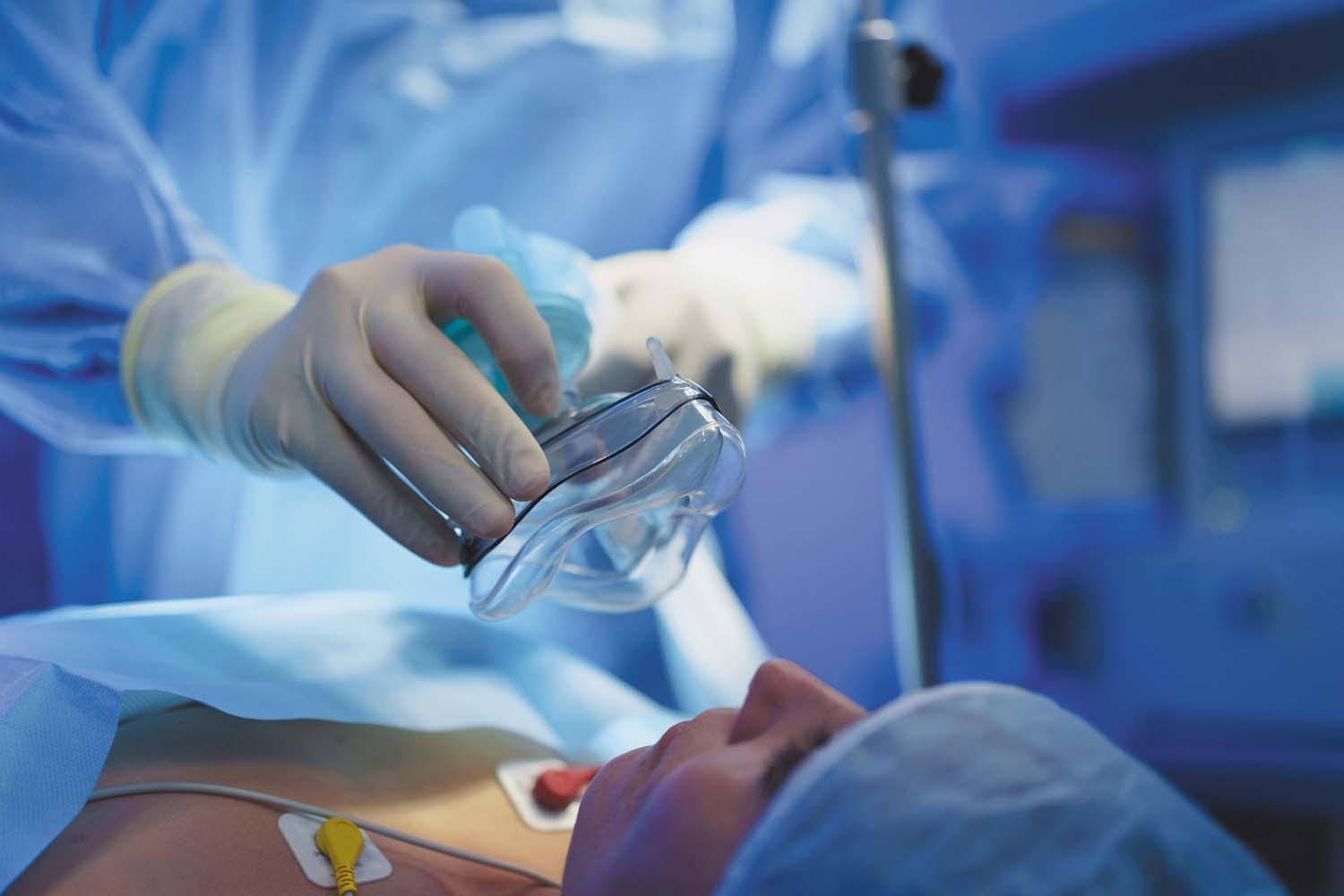
5 timeless habits for better health

What are the symptoms of prostate cancer?

Is your breakfast cereal healthy?

When pain signals an emergency: Symptoms you should never ignore

Does exercise give you energy?

Acupuncture for pain relief: How it works and what to expect

How to avoid jet lag: Tips for staying alert when you travel

Biofeedback therapy: How it works and how it can help relieve pain

Best vitamins and minerals for energy

Should you take probiotics with antibiotics?
Medical Tests & Procedures Archive
Articles
The new Alzheimer’s blood test: What it means for diagnosis
In May 2025, the FDA approved the first blood test to detect the early stages of Alzheimer’s disease. The test looks for several proteins associated with Alzheimer’s disease. About 80% of the time, the blood test is either highly positive or highly negative, a result that’s accurate more than 90% of the time. Doctors expect that the test will soon be covered by insurance. If that happens, the test will become the standard of care for people ages 55 and older with Alzheimer’s signs or symptoms.
Is there finally a way to measure tinnitus?
Havard researchers have identified biomarkers that appear to capture tinnitus severity for the first time. Scientists made the connection after analyzing the facial responses and pupil dilation of study participants as they listened to pleasant, neutral, or unpleasant sounds. The findings, when fed to a computer model, accurately predicted the severity of symptoms participants had reported on questionnaires. Scientists hope the biomarkers will lead to tools that gauge tinnitus severity and treatment effectiveness.
4 questions to ask before you get anesthesia
The four types of anesthesia include local anesthesia, regional anesthesia, monitored anesthesia, and general anesthesia. Before getting anesthesia, one should ask the doctor which type of anesthesia will be administered, what its risks are, and if delirium is a high risk. One should also ask how to prepare for anesthesia in the days leading up to a procedure—whether medications might need to be temporarily halted, when to stop eating or drinking before surgery, and whether to schedule measures to help reduce delirium.
How is PSA used to monitor prostate cancer?
Men on active surveillance for low-risk prostate cancer might need treatment if their PSA levels start to rise. Doctors also measure PSA to check for recurring cancer in men who were already treated with surgery or radiation. But use of the test in such cases differs in important ways.
What is a PSA test and how is it used?
Every year, millions of men around the world get a prostate-specific antigen (PSA) test. Abnormal readings on the test suggest a man might have prostate cancer. But how should an abnormal result be interpreted?
New ultrasound technique shows promise as an alternative to MRI for guiding prostate biopsies
High-resolution micro-ultrasound may be an efficient alternative to using MRI plus conventional ultrasound to guide prostate biopsies, according to a 2025 study. The micro-ultrasound method proved as accurate as MRI guidance, but requires fewer visits and costs less.
Direct-to-consumer genetic tests for heart disease
Direct-to-consumer genetic tests can screen for rare heart conditions that arise from variants in a single gene (such as cardiomyopathies) as well as common conditions influenced by many thousands of gene variants (such as coronary artery disease). But because the results are not definitive, they can be challenging to interpret.
Finding advanced prostate cancers
For men who choose prostate cancer screening, it begins with measuring prostate-specific antigen (PSA) in the blood. Scientists continue to explore strategies beyond PSA testing to identify men who should have biopsies because they are more likely to have intermediate or high-risk cancer. These strategies include other types of PSA measurements, urine tests for genes, new imaging methods and artificial intelligence that works to improve the accuracy and efficiency of MRI and biopsies.
My calcium score is over 2,000. What’s next?
People with very high calcium scores (over 1,000) have a risk of heart attack or stroke similar to those who have already had a heart attack. They should take cholesterol-lowering drugs to bring down LDL levels and possibly undergo additional testing.

5 timeless habits for better health

What are the symptoms of prostate cancer?

Is your breakfast cereal healthy?

When pain signals an emergency: Symptoms you should never ignore

Does exercise give you energy?

Acupuncture for pain relief: How it works and what to expect

How to avoid jet lag: Tips for staying alert when you travel

Biofeedback therapy: How it works and how it can help relieve pain

Best vitamins and minerals for energy

Should you take probiotics with antibiotics?
Free Healthbeat Signup
Get the latest in health news delivered to your inbox!
Sign Up











